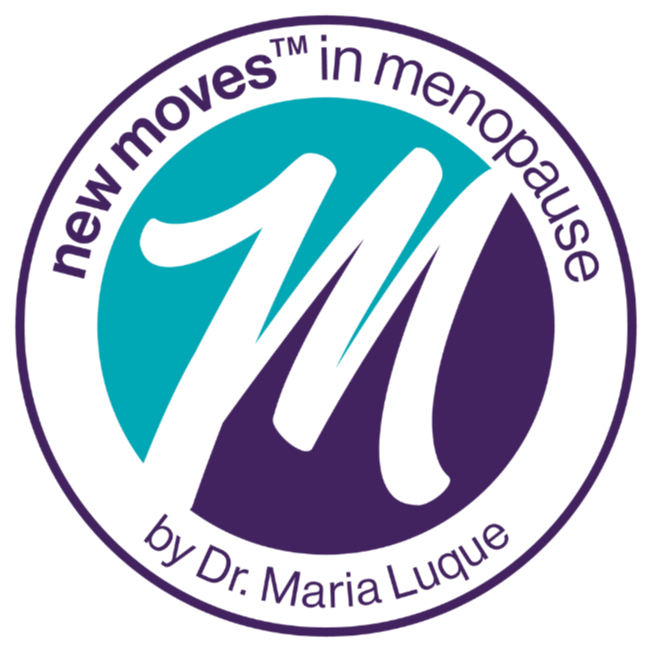Menopause Menu: Collagen Supplements- Fad or Worth The Money?
Dec 19, 2022
The supplement market is a multibillion-dollar industry, and if you believe all the claims, they will help you lose weight, make you look younger, and, overall, change everything in your life for the better. Unfortunately, 99% of those claims and supplements are a complete waste of time and money, but some may be worth a try. One of my all-time favorite supplements that can be a game changer for all people, especially women going through menopause, is creatine. I covered this nutritional gem in one of my previous newsletters, but if you’ve missed it, you can read it here.
This month’s menopause menu star is a supplement that has received much attention; consequently, lots of misinformation surrounds it. Say hello to collagen. I will give you a breakdown of what the science says, what it is, and how and if it can potentially benefit you.
What is Collagen?
Collagen is the most abundant protein in the body and provides the structure for creating connective tissue, which, as the name implies, connects other tissues. Everything from your ligaments, tendons, cartilage, bones, muscles, and skin is affected by connective tissue, which is why collagen is such a powerful factor.
There are many types of collagen (28 to be exact), but the most common types found in the human body are types I, II, and III.
Type I makes up 90% of your body’s collagen and is found in the skin, bones, tendons, muscles, and ligaments.
Type II: found in elastic cartilage, which provides joint support and cushions the stress on the joints. This is the type of collagen you would want to use if your main goal is cartilage health.
Type III: found in muscles, arteries, and organs.
What does it help with?
Over the last few years, more studies have focused on researching the benefits of collagen supplementation in two main areas: joints and skin.
Joints
A recent review of 15 randomized controlled studies concluded that “Collagen peptide supplementation (COL), in conjunction with exercise, may be beneficial for the management of degenerative bone and joint disorders.” Another more menopause-related study showed that after 12 months of supplementation with 5g of specific collagen peptides (SCP), women had an increase in bone mineral density. This was a small study with only 100 participants, but the results are very promising. Another review of the recent literature highlighted the positive effect of collagen peptide supplementation on recovery, pain decrease, and improvements in strength and body composition when combined with resistance training.
Skin
Because beauty and anti-aging products are a multibillion-dollar industry, research aiming to find validity in the claims that collagen supplementation can help with anti-aging, skin elasticity, and wrinkles, to name a few, are quite abundant. But, although some studies have demonstrated that collagen supplementation can improve skin elasticity and hydration, the appearance of wrinkles, and even wound healing, the claims made by advertisements are often overly exaggerated and not supported by enough research.
How Much?
Most studies I’ve read used a dosage of 5-15 g of collagen peptides, but it is important to note that this is a rough guideline. I stick to about 10g of collagen peptides per day because I like the happy medium ;) When choosing a supplement, always do your research. Make sure that it states what is in it (type of collagen and amount), that the company is reputable, and that it contains the collagen type you want, depending on your desired goal.
Safety
A downside of collagen supplements is the unknown of what it contains or if the supplement will do what the label promotes. Collagen supplementation is considered to be safe without any reported adverse side effects. That said, it is my advice to always consult your doctor before taking any new herb or supplement because many herbs, foods, and supplements can harm your health if combined with other herbs or medication.
Bottom Line
The bottom line is that despite promising research on its multiple benefits, the research is still lacking. Companies' claims that their product will help with skin, nails, joints, etc., are not grounded in any solid evidence. The main point for me is that, as far as I’ve read, there are no known negative effects to consuming collagen peptides, and, considering that there are potentially positive benefits, it swings the pendulum for me to the side of using it. That said, I want to highlight that I mainly take collagen as a protein supplement. I take a collagen peptide supplement daily as my post-workout shake mixed with a scoop of creatine and essential amino acids (stay tuned for my next blog on the importance of EAAs). I have a hard time finding a protein powder that doesn’t upset my stomach, and using it in the collagen peptide form, has worked for me so far. Adding creatine and EAAs helps me ensure the best absorption and outcomes for protein synthesis and muscle. This is my personal opinion on why I take it. I hope the research presented here helps you make the right decision.



